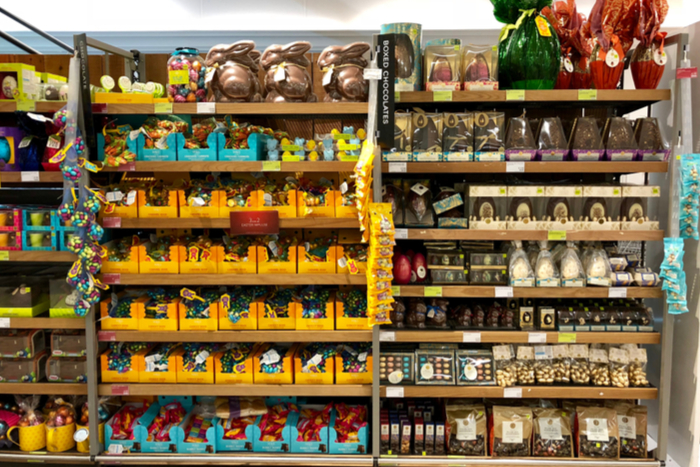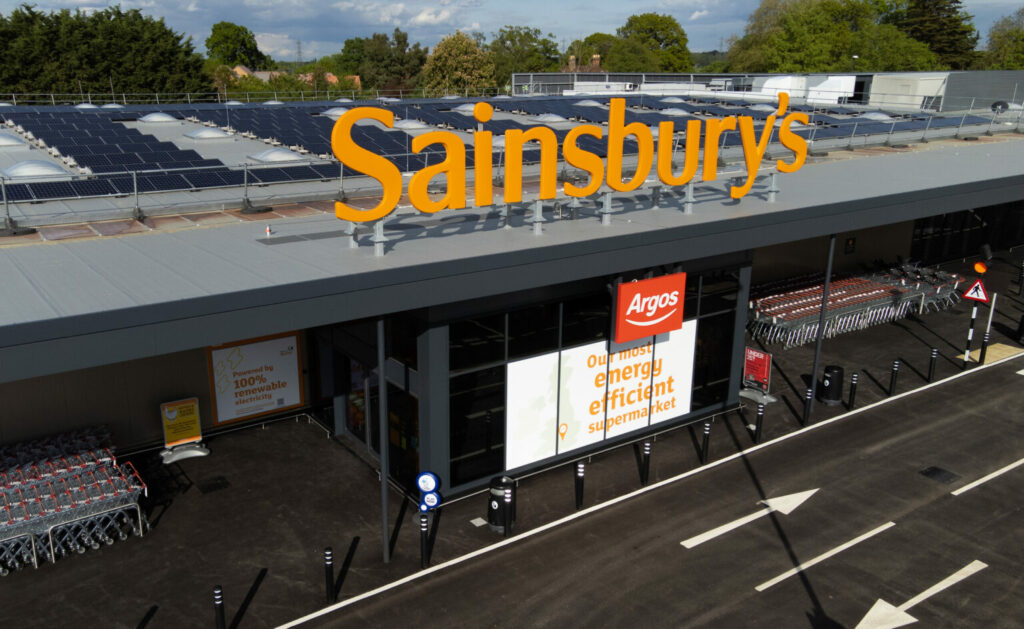// Co-op to end use of plastic inner packaging & windows for all five of its hollow Fairtrade Easter eggs
// It says the move will save more than 14 tonnes of unnecessary plastic from going to waste
// Co-op has ambitions to make 100% of its own-brand packaging easy to recycle by the end of this year
The Co-op is removing plastic packaging from its Easter eggs as part of its commitment to eliminate unnecessary plastic from its own-brand ranges.
The grocery chain said it would end the use of plastic inner packaging and windows for all five of its hollow Fairtrade Easter eggs, saving more than 14 tonnes of unnecessary plastic.
Co-op said the move comes as it prepares to roll out what it believes is the UK’s largest ever scheme to collect and recycle plastic film as part of its ambition to make 100 per cent of its own-brand packaging easy to recycle by the end of this year.
READ MORE:
- Shopworkers face abuse from non-mask wearers as crime rises 140%, Co-op says
- Co-op to top-up Healthy Start vouchers
- Co-op says it could offer “hundreds more apprenticeships”
“Easter egg packaging is renowned for its excessive use of unnecessary plastic, whether to protect the chocolate or to display the design of the confectionery,” Co-op environment manager Iain Ferguson said.
“Our teams have worked incredibly hard to deliver a new solution that ensures the egg is still protected whilst allowing our customers to see all the aspects of the eggs and their stunning designs.
“This is a really positive step within the packaging industry, especially for seasonal Easter lines.”
The Co-op has also reduced its reliance on new plastic and now uses almost 40 per cent recycled content in own-brand packaging.
From April, the Co-op will have removed all plastic forks from its food-to-go ranges, saving 59 tonnes of plastic.
“To date, we have replaced over 7000 tonnes of virgin plastic with recycled plastic in our own brand packaging and we’re committed to eliminating all unrecyclable plastic,” Ferguson said.
“We’re pleased to confirm that we’re also on track to meet our target for all Co-op own-branded products to be easy to recycle this year.”
WWF UK sustainable materials specialist Paula Chin said: “It is great to see businesses like Co-op tackling our throwaway culture head-on. Spring should be a time to celebrate the glory of the natural world, not to pollute it.
“We need to see more businesses, governments and individuals taking greater responsibility to tackle plastic pollution.
“That’s why we’re calling for a global treaty to stop plastic from leaking into our oceans. The natural world is our life support system, and we must act now to protect it.”
Which? head of sustainability Michael Briggs said: “Our research shows the recyclability of grocery packaging is important to consumers, yet almost half of packaging used by supermarkets is not widely recyclable, so it is good to see the Co-op taking steps to reduce its use of plastic packaging.
“To reduce the waste that goes to landfill, the government must make labelling mandatory, simple and clear, enabling shoppers to know exactly how to dispose of packaging on the products they consume.”
with PA Wires
Click here to sign up to Retail Gazette‘s free daily email newsletter

















